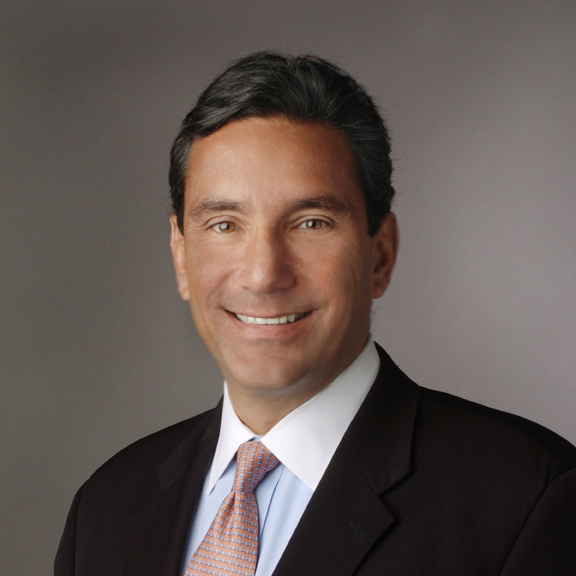Three years ago, one of the 11 wealth management advisors working at Albert Zdenek Jr.’s 35-year-old New York City and Princeton, N.J.–based Traust Sollus Wealth Management left for another job. Recently, Zdenek finally hired a replacement after two previous tries. But since he only looks for CPAs, filling the spot hasn’t been easy, and he’s wondering how to make sure no one else leaves the practice. “You just can’t replace these people overnight,” says Zdenek.
At the moment, compensation involves three parts: There’s a salary; a bonus plan through which people can earn 10 percent to 20 percent of their base compensation—the bonus is dependent on advisors meeting their own goals, plus the company achieving its objectives; and a sales incentive program through which they earn an annual percentage of money realized from new accounts they bring in or services they sell to clients.
Plus, Zdenek is considering another move. Four years ago, his eight-person advisory board recommended he introduce phantom stock for the firm’s three-person executive team. Now he’s thinking about extending that to his wealth advisors.
Zdenek’s independent firm, which does estate planning, tax planning and preparation and other services in addition to advisory work, has about $400 million in assets, with revenues “in the $6 million range.”
 Daniel Finley
Daniel Finley
President
Advisor Solutions
This guy has a pretty good retention process now. Still, I understand that the type of employee he needs would be hard to replace.
I suggest he ask his employees what they like and don’t like, what they’d like to see changed. Questions such as, “What do you enjoy about working here?”, “How do you feel about the compensation?” and “What’s your overall level of satisfaction?” Then he can see if should make any changes.
I also would consider an employee stock option plan. He’d give people the ability to buy into a percentage of the company, with a vesting period of five years or so, and that would help retention.
 Brandon Odell
Brandon Odell
Director of Business Consulting
The Ensemble Practice
As far as compensation, I would say he’s doing it really well. But money is only part of what keeps people from leaving. Ultimately, I think the leading indicators of someone’s job satisfaction are their desire to hold themselves accountable to the firm’s culture and the ability of management to develop an individual’s performance and career path.
First, about culture. It drives employee accountability. If you really feel you belong to a culture, or a team, you don’t want to do anything to hurt that team. You want to help those around you. And it’s up to the firm to cultivate all that.
As for management, it means making sure employees have a clear career track, helpful performance assessments and that there’s ongoing communication with the firm. Management must ensure that the individual also has a development plan for the next few years. People like to feel they’re both contributing to the group and have some control over their careers. So you need to offer them the voice to participate in the culture and provide some transparency about where their careers are headed.
 John Nersesian
John Nersesian
Managing Director
Nuveen Investments
There are a few keys to employee retention. You have to share your vision for the business: People don’t want to come to work, pound the rock and leave. They want to feel invested in the overall business. You also have stay out of their way, supporting them when they need guidance. Then make sure employees share in the success of the company, while giving them the chance to grow. And you have to communicate often.
In terms of compensation, there needs to be a competitive salary and a bonus predicated on firm revenue or profitability. But I also suggest a reward for incremental growth, with a percentage of either additional revenues or a percentage of assets gathered above a certain benchmark.
What’s key is sharing the equity. I like the idea of some sort of phantom equity plan, where he awards a percentage of the business to key people that vests over time. And the rewards can be based on, say, tenure or productivity. They don’t have to be equal.





